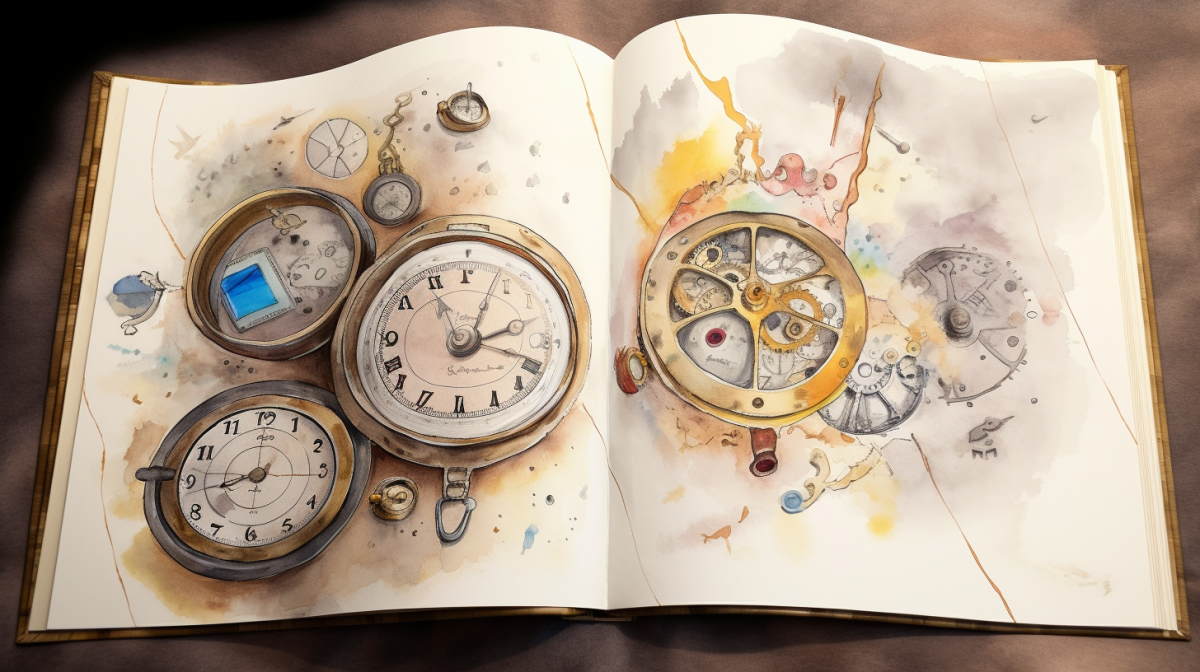Cthulhu.Science
Well-Known Member
- Joined
- Jan 30, 2023
- Messages
- 661
In 2017, for instance, I started to wonder how much time passes, on average, across a page of a novel. Literary-critical tradition suggested that there had been a pretty stable balance between “scene” (minute-by-minute description) and “summary” (which may cover weeks or years) until modernists started to leave out the summary and make every page breathlessly immediate [1]. But when I sat down with two graduate students (Sabrina Lee and Jessica Mercado) to manually characterize a thousand passages from fiction, we found instead a long trend. The average length of time represented in 250 words of fiction had been getting steadily shorter since the early eighteenth century. There was a trend toward immediacy, in other words, but modernism didn’t begin the trend [2].
The table in the article suggests averages that have gone from a week in Gulliver's Travels to a few minutes in the Old Man and the Sea to about 6 hours in Midnight's Children.
The Hobbit -- Isn't it a year and a day from An Unexpected Party to "The return of Mr. Bilbo Baggins created quite a disturbance, both under the Hill and over the Hill and across the Water; My Ballantine paperback copy is 272 pages. So, by my count 32 hours a page.
-- This might be a cheat on my part because over the next 2 pages several years seem to have passed before the final words: "'Thank Goodness!' said Bilbo laughing, and handed him the tobacco-jar."
Where do your stories stack up?

 tedunderwood.com
tedunderwood.com
The table in the article suggests averages that have gone from a week in Gulliver's Travels to a few minutes in the Old Man and the Sea to about 6 hours in Midnight's Children.
The Hobbit -- Isn't it a year and a day from An Unexpected Party to "The return of Mr. Bilbo Baggins created quite a disturbance, both under the Hill and over the Hill and across the Water; My Ballantine paperback copy is 272 pages. So, by my count 32 hours a page.
-- This might be a cheat on my part because over the next 2 pages several years seem to have passed before the final words: "'Thank Goodness!' said Bilbo laughing, and handed him the tobacco-jar."
Where do your stories stack up?

Using GPT-4 to measure the passage of time in fiction
Large language models are valuable research assistants, especially when they refuse to follow instructions.

